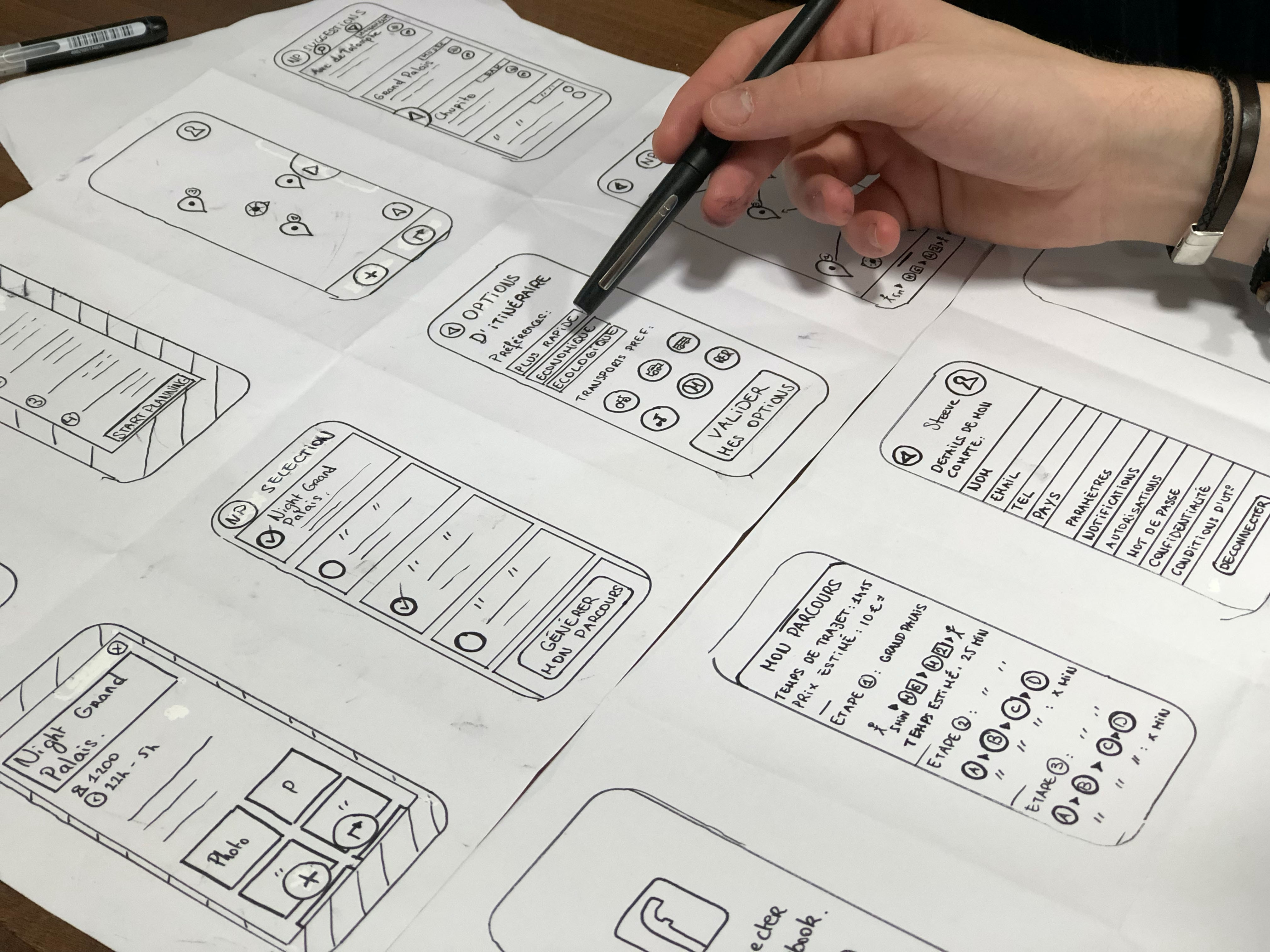Design for Neurodiversity
Explore the intersection of design, technology, and neurodiversity for a more inclusive digital world.
Our research focuses on the meticulous examination of behavioral patterns linked to the challenges encountered by neurodivergent users. We want to explore innovative approaches that empower individuals with diverse cognitive styles, bridging the gap between software design and the unique needs of neurodivergent users. The aim is to gain an understanding of the issues arising from the disparities between the design of the tool interface and the cognitive styles of neurodivergent individuals. We want to contribute to the field of design by informing methods that empower software engineers to create more accessible and inclusive software for neurodivergent users.
Our Research Problem
General: How can we reduce the stressors that causes confusion when using software design platforms?
Specific: What are the differences between neurodivergent and neurotypical behavioral pattern or the stressors they experience when using a software or an online platform.
Method
Neurodivergent and neurotypical participants are invited to participate in interviews using low-code/no-code software development tool: wix. Individuals will be requested to perform basic tasks to create a website. Their interactions with the tool and think aloud verbalizations will be recorded, allowing for subsequent analysis of differences between participants' cognitive styles.
Resources
Autism
Executive functioning in high-functioning autism spectrum disorder
Meta-analysis suggests deficits in all components of executive function in children and adolescents with high-functioning ASD, including mpairment in working memory, flexibility, and generativity. ASD individuals that also have ADHD may also have deficits in inhibition and planning.
Read moreDyslexia
Understanding the Needs of Searchers with Dyslexia
There are differences in behaviors and preferences between dyslexic and non dyslexic searchers showing that readability needs to be factored into search engine rankings. Which would benefit both dyslexic and non dyslexic users. Possible solutions would be restyling SERP for users with dyslexia
Read moreADHD
What do ADHDers Need?: Working Towards Establishing Guidelines and More Ethical Methods for Designing for and with the Neurodivergent
Key findings:
1.Do not cover the clock on screens by default.
2. Do not override sound
3. Convey information in multiple forms.
4. Provide options for customizing the user interface/experience.
Initial Observations
- Confusing tab behavior and excessive tabs in Wix.
- Trouble with subtitles, text color, and overwhelming menu options.
- Unclear instructions for titles and subtitles.
- Difficulty finding return button and confusing navigation tabs.
- Challenges with nav bar customization and frustration with scroll bars.
- Consistent site navigation, media handling issues, and reliance on undo.
- Trouble adding and resizing sections, overwhelming menus, and time-consuming element search.
Overall Feedback
- Aesthetically pleasing design with excessive options hindering navigation.
- Elements overlap instead of moving, and adding sections is cumbersome.
- Noticed missing messages, desire for precise search suggestions, and preference for dark mode.
- Menu options need streamlining, and content manager feels like a premium feature.
Team
Kajal Mehta
Key Findings
- Our Primary Findings Description

